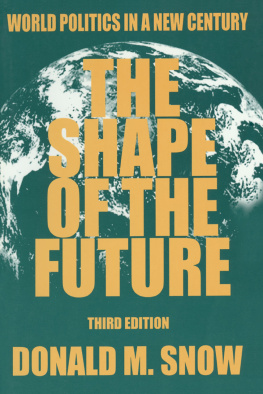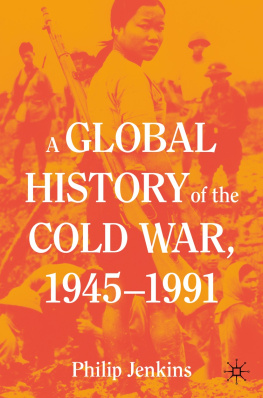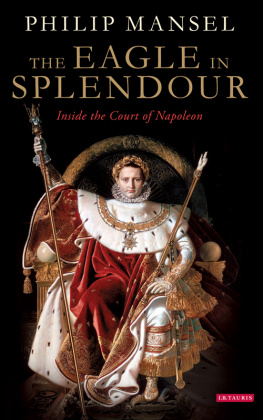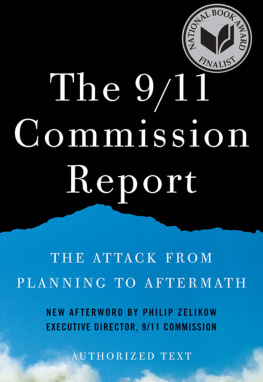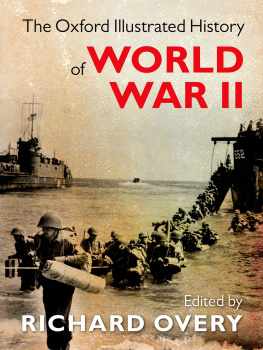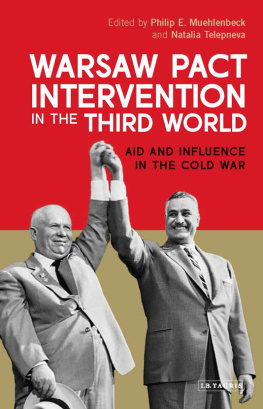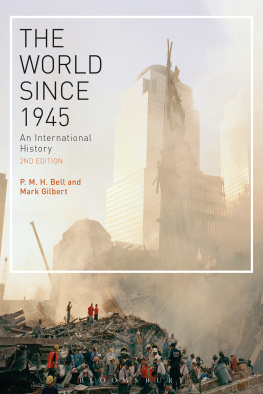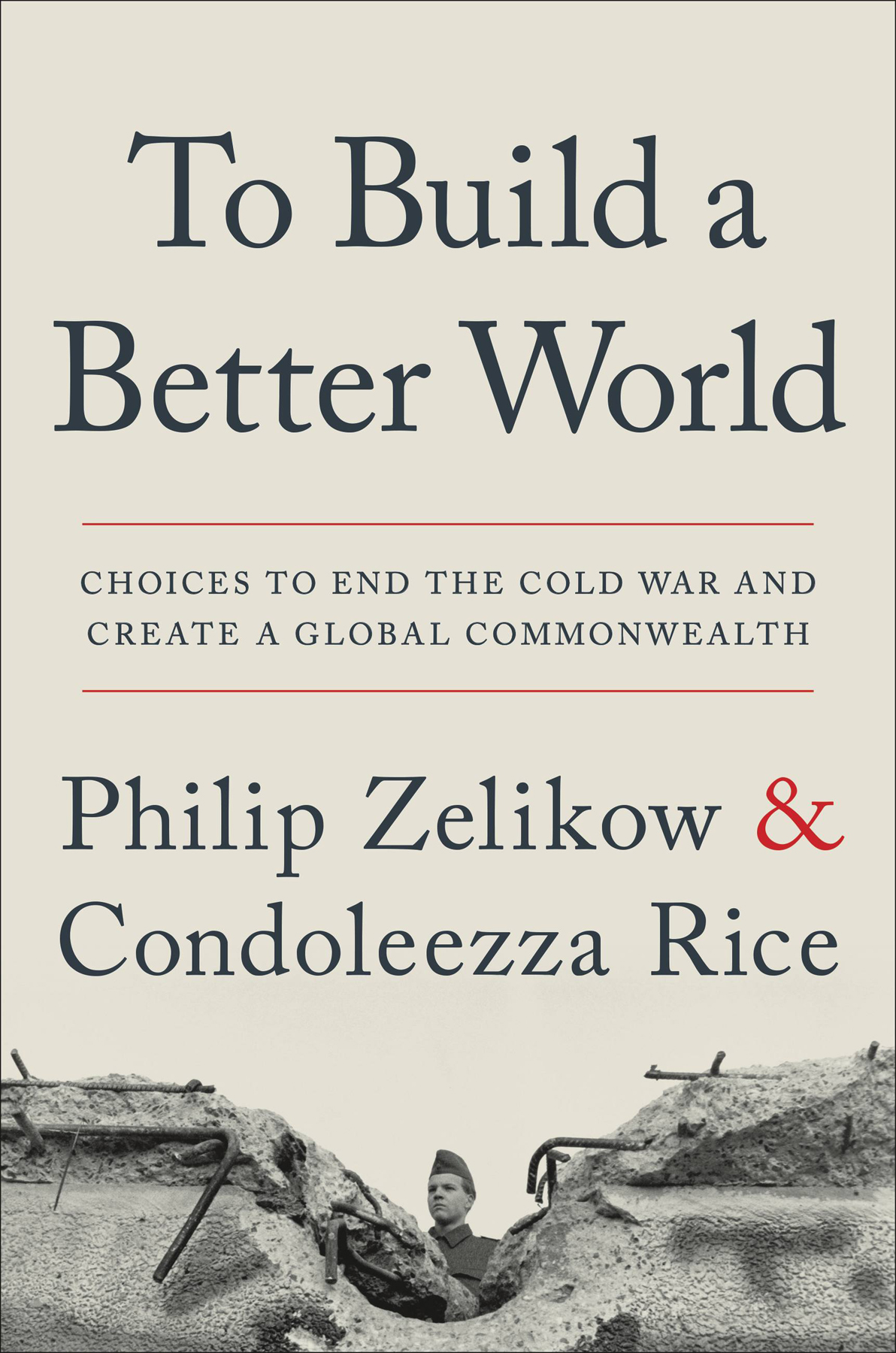Cover design by Jarrod Taylor. Cover photograph by Alamy Images.
Cover copyright 2019 by Hachette Book Group, Inc.
Hachette Book Group supports the right to free expression and the value of copyright.
The purpose of copyright is to encourage writers and artists to produce the creative works that enrich our culture.
The scanning, uploading, and distribution of this book without permission is a theft of the authors intellectual property. If you would like permission to use material from the book (other than for review purposes), please contact permissions@hbgusa.com. Thank you for your support of the authors rights.
Twelve is an imprint of Grand Central Publishing. The Twelve name and logo are trademarks of Hachette Book Group, Inc.
The publisher is not responsible for websites (or their content) that are not owned by the publisher.
The Hachette Speakers Bureau provides a wide range of authors for speaking events. To find out more, go to www.hachettespeakersbureau.com or call (866) 376-6591.
One of the new countries created by the Cold War was called the German Democratic Republic (GDR), or, more informally, East Germany. It was the communist Germany.
With its sixteen million inhabitants enjoying some of the highest living standards in the socialist world, as the year 1989 began the GDR seemed solid as a rock. The standard text on East Germany said that it is apparently one of the worlds most stable regimes.
To pick one kind of GDR success story as 1989 began, consider a scientist, a woman who had established her position in a field founded and dominated by men. She was a researcher working in the GDRs Central Institute of Physical Chemistry, a part of the countrys Academy of Sciences. She had received her doctorate in physics a few years earlier.
In some ways it was not a difficult job. She did not have to teach. Hardly anyone outside a small circle of fellow scientists could even understand what she did or evaluate her work. Her field was the study of the quantum characteristics of subatomic particles.
The scientist was the daughter of a small-town Lutheran pastor and a former schoolteacher. Her friends used to call her Kasi (her last name was Kasner). The communist government did not care much for pastors. But Kasis fatherwho had moved from a parish in West Germany to East Germany in loyal obedience to the Lutheran Church hierarchyhad stayed out of politics. He eventually headed a Lutheran seminary.
Kasis father had always been carefully monitored by the efficient and omnipresent East German secret police (the Stasi, short for State Security in German). Informers reported that Pastor Kasner appeared to adopt the Communist Party line in the internal politics of the Lutheran Church; he was certainly willing to critique capitalist greed and consumerism.
Life was not always easy. Kasis hardworking, meticulous father would tell fellow seminarians how he had left the West out of free will and about how hard he had worked and he nevertheless was convinced that all was in vain and that the Churcheven in his lifetimewould shrink and most parishes would lose their pastor.
Kasis mother could not take up a teaching job. She knew how to teach English and Latin. The East German government had little interest in hiring women to teach those subjects, especially not in a small town.
The government-set income was below average. But Kasis family made their way, occasionally getting gift packages and money from their relatives in the West.
Kasi was a gifted student in school. As expected from a star student, she had joined the Communist Partys youth organization. She wore its uniform, with its instantly recognizable indigo blue colors, to school. She won prizes. She studied all the time.
The only foreign language taught was Russian. Kasi devoted herself to becoming fluent in it, enjoying Russian culture. Her other star subject was mathematics, where she was good enough to do well in national competitions.
While Kasi was young, the family could vacation and visit relatives in West Germany. That changed when she was seven years old. When she returned from an August 1961 holiday in Bavaria, East German soldiers were unrolling the barbed wire to fence off the border for good behind what the government called its antifascist protection wall.
Kasi remembered how, in church that Sunday, people cried. My mother cried too. We couldnt fathom what had happened. Later, in 1968, her parents were upset by the Soviet-led invasion in Czechoslovakia, a country her family had visited. The invasion crushed that countrys experiment with socialism with a human face.
As a schoolgirl, Kasi was no athlete or social standout, but she had friends. She was well organized and helpful to her classmates. Her skill in the Russian language won her a trip to Moscow. She received a place in an elite high school. Again, her grades were excellent. She was invited to go on to a university and receive a rare, prized higher education provided by the state.
At the last moment, though, the precious opportunity to go to a university almost collapsed. With her graduating high school classmates, Kasi joined in staging for the school an anti-imperialist school play. The expected theme would attack the American war in Vietnam. Instead, the students, in a sort of end-of-school rebellious way, performed a play praising the anti-Portuguese liberation movement in Mozambique. They even worked in a quote from a satirical writer who vaguely alluded to a wall.
Those in charge were not amused by this play-acting about liberation and references to a wall (like the one that now enclosed the East Germans). The school authorities planned to punish all the students by taking away their university admissions. They had used such a punishment before.
Kasis father, and other well-connected fathers, all desperately pulled strings to get the decision turned around. They succeeded. The students teacher lost his job, but Kasi was able to go on to the University of Leipzig.
She had originally thought of studying medicine. Instead, she decided to concentrate on physics. This was a field as far from politics as she could possibly get. Naturally she had to take her required classes in Marxist political economy. She also did a little work on the side as a barmaid in the student watering hole, the Thirsty Pegasus.
Ninety percent of her classmates were men. One became her boyfriend, then her husband. As a married couple, it was easier to persuade the state housing office to assign them an apartment. She and her husband both pursued advanced studies. His field was optics. She stayed with physics.
At an initial job interview, the Stasi recruited Kasi to become an informant. She would have become one of millions planted in practically every workplace. Kasi dodged this duty. She found a way to put the Stasi recruiters off without getting in trouble. My parents always told me to tell Stasi officers that I was a chatterbox and someone who couldnt keep my mouth shut. And I also told them that I didnt know if I could keep this secret from my husband.


